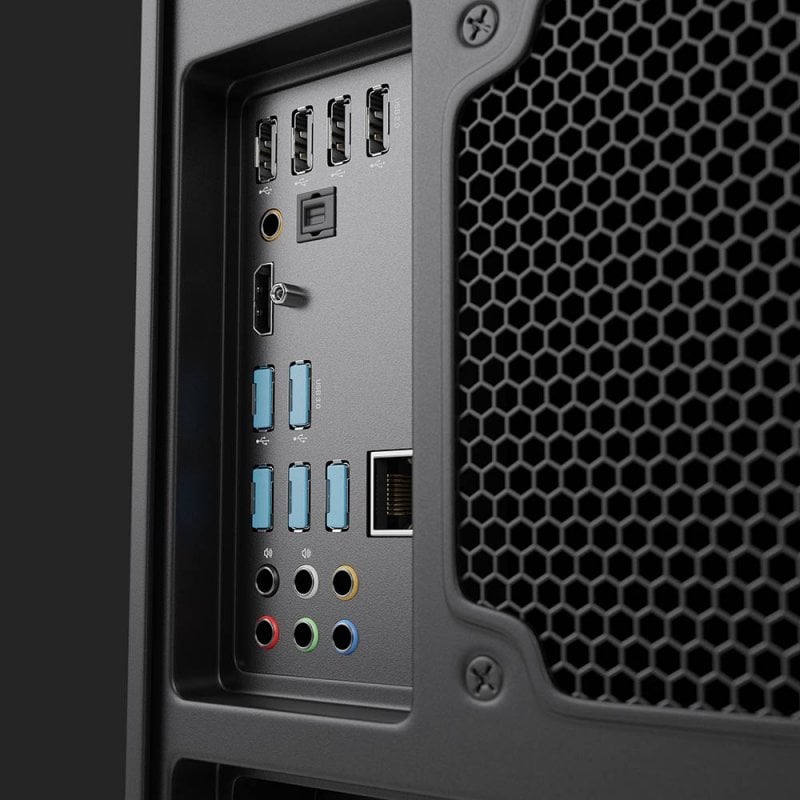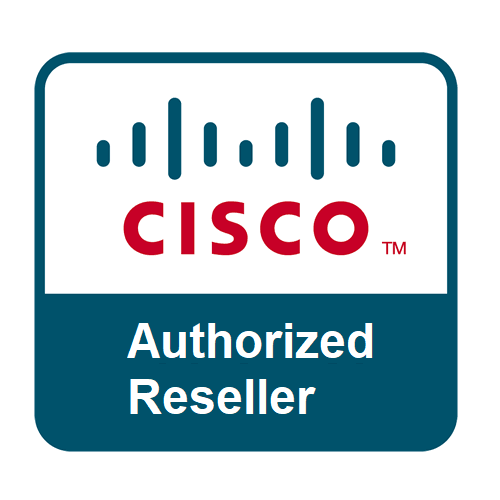USB Port Blockers: An Effective Solution to Prevent Data Theft and Malware

In an age where digital security is paramount, USB port blockers have emerged as a simple yet highly effective tool to safeguard data and prevent malware attacks. These small devices, often overlooked in the broader context of cybersecurity, can be a first line of defense against unauthorized data access and the spread of harmful software.
The Risks of Open USB Ports
Unsecured USB ports on computers, especially in public or shared spaces like offices, libraries, or schools, pose a significant risk. These ports can be easily exploited for malicious purposes. Two primary concerns are:
- Data Theft: USB drives can swiftly extract sensitive data from a computer. A practice known as 'juice jacking' involves transferring data from a device without the owner's knowledge.
- Malware Installation: Plugging in an infected USB drive is one of the easiest ways for malware to bypass security software and gain access to a system.
How USB Port Blockers Work
USB port blockers are simple devices that plug into the USB port of a computer, effectively blocking access to it. They come in various forms - some are key-operated, allowing only authorized users to remove them, while others are simple plastic or metal caps that physically obstruct the port.
Advantages of USB Port Blockers
- Physical Security: They provide a tangible barrier to unauthorized access.
- Ease of Use: USB port blockers are incredibly user-friendly and require no technical knowledge to install.
- Cost-Effective: Compared to other cybersecurity measures, they are relatively inexpensive.
- Deterrence: Their presence alone can deter potential data thieves.
Potential Limitations
- Not Foolproof: While effective against casual attempts at data theft or unauthorized access, they may not stop a determined hacker with the right tools.
- Inconvenience: For legitimate users, these blockers can be an inconvenience, especially if they frequently use USB devices.
Best Practices for Using USB Port Blockers
- Strategic Placement: Use them on machines in public or vulnerable areas, but consider the needs of legitimate users.
- Combine with Other Security Measures: They should be part of a broader security strategy, including software solutions and policy measures.
- Regular Audits: Conduct regular checks to ensure they are in place and undamaged.
Conclusion
USB port blockers are a surprisingly effective tool in the fight against data theft and malware. They serve as a physical deterrent and a reminder of the importance of cybersecurity. While they should not be the sole protective measure, their simplicity, cost-effectiveness, and ease of use make them an essential part of any organization's security protocol. By integrating these small devices into your cybersecurity strategy, you can significantly reduce the risk of unauthorized data access and malware infection, making your digital environment a safer place for everyone.







